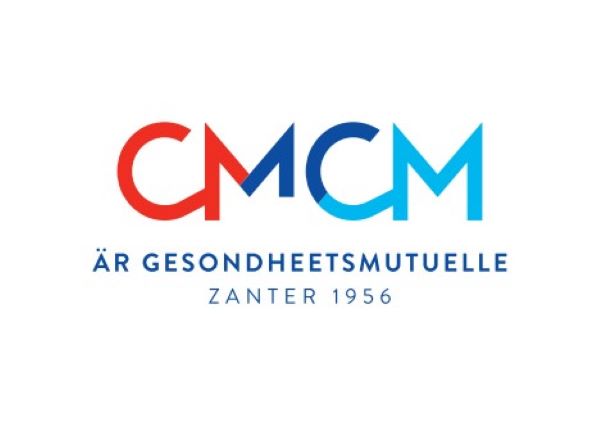
On Wednesday 17 September, the Luxembourg Complementary Health Insurance Fund (CMCM) published its report for assistance activities abroad from January to the end of August 2025.
According to the report, the CMCM handled 452 cases, including more than 100 repatriations, at a total external cost of €840,645 (over €100,000 per month) - marking an increase of 9.1% compared to 2024.
While the number of cases has remained stable, their complexity and related costs have been increasing, reportedly reflecting the constant mobilisation of CMCM teams to support members facing distress abroad.
“Assistance abroad is not limited to repatriation,” explained Pit Van Rijswijck, Chief Product Officer of CMCM. “It means supporting our members from start to finish, including when they require hospitalisation on-site.”
With its partner Inter Mutuelles Assistance (IMA), the CMCM covers rescue and medical transport costs, repatriation with medical support through to hospitalisation near home, and immediate on-site coordination including direct settlement of hospital costs.
The CMCM recalled that members have access to a single emergency medical number abroad and to immediate coverage without a waiting period, even for short-term stays.
As in previous years, cases processed this summer mainly concerned repatriations as well as medical and hospital expenses incurred abroad. All urgent requests were handled immediately, according to the CMCM.
According to CMCM figures, this summer’s activity was accompanied by significant financial effort, with costs standing at €840,645. Repatriations accounted for nearly 65% of these expenses, with an average cost of several thousand euros; one case even exceeded €25,000, notably for a long-haul medical air transport.
Alongside this strong summer activity, the CMCM said it is currently facing occasional delays in processing certain non-urgent services. Processing times can reach up to 30 working days for some reimbursements, which remains “exceptional” in the usual operations.
The CMCM explained this situation by citing the holiday period, during which some of its teams were on leave while accidents and emergencies abroad increased, as well as the introduction of the new immediate direct payment (PID) system which, while offering many advantages to members, has made statements less clear, resulting in more incomplete files and additional exchanges before reimbursement.
To reduce these delays, the CMCM reported it is implementing immediate and medium-term measures. In the short term, teams are working overtime, and targeted recruitments are underway to speed up the processing of pending cases. In the medium term, a new version of the CMCM application is being developed, aimed at offering a more guided and precise reimbursement process to ensure files are complete from the outset.
Meanwhile, according to the CMCM, more processes will be automated, which is expected to considerably reduce manual processing times.
Pit Van Rijswijck commented: “This summer once again, the CMCM has shown that it is present for its members 24/7, worldwide. Behind every case lies a human story, a disrupted journey, a health emergency. We are proud to have been able to extend a helping hand without delay. But we also owe [our members] transparency and honesty: we have fallen behind on certain less urgent services, and we are doing everything possible to resolve this quickly, without ever compromising the quality or speed of our assistance interventions.”
EO








